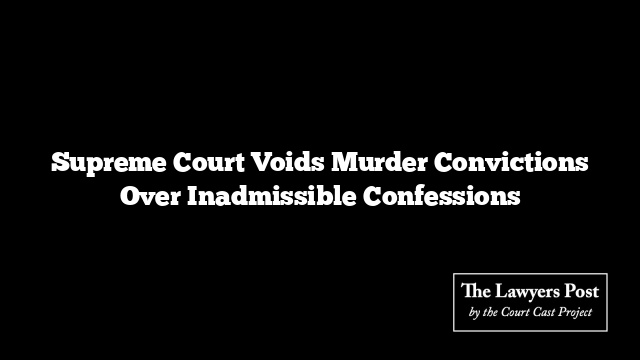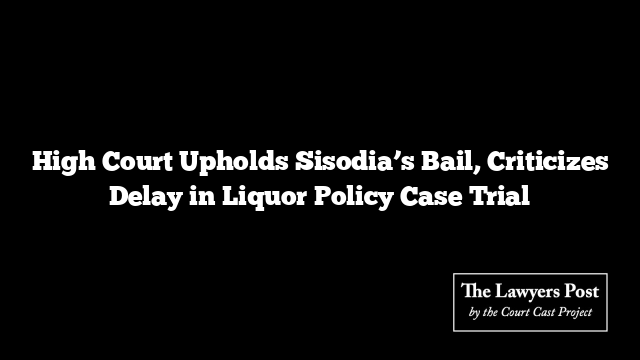In a significant ruling, the Supreme Court overturned the murder convictions of two men, declaring that confessions recorded by a Medical Officer during police custody are inadmissible as evidence. This judgment was anchored in the principles of Section 26 of the Indian Evidence Act, 1872, which bars such confessions from being used against the accused unless made in the presence of a Magistrate.
The Supreme Court bench, comprising Justice BR Gavai and Justice Sandeep Mehta, critically assessed the evidence presented by the trial court, which had heavily relied on confessions made by the accused while they were in police custody. The confessions were recorded by a Medical Officer, Dr. Arvindbhai, while preparing injury reports during the accused’s medical examination. The Court, however, found these confessions inadmissible due to the circumstances under which they were made.
The case centers around a fatal altercation that took place in Anand, Gujarat, in May 2011. The conflict arose from a dispute over water supply in a residential area, leading to a confrontation between one of the appellants, Mohmedfaruk @ Palak, and Mohammad Sohail. The altercation culminated in the ambush and murder of Sohail by the appellants, with Sohail’s cousin, Mohammad Arif Memon, surviving the attack.
Following the incident, an FIR was filed by Arif Memon, leading to the arrest and prosecution of the appellants under Sections 302, 323, and 120B of the Indian Penal Code (IPC). The trial court convicted the appellants, sentencing them to life imprisonment, a decision that was later upheld by the Gujarat High Court.
However, in the appeal before the Supreme Court, several discrepancies were brought to light. The defense pointed out delays in lodging the FIR, inconsistencies in witness testimonies, and questionable evidence regarding the weapons used in the crime. The Court scrutinized the evidence and found significant contradictions, particularly in the testimonies of the key witnesses, including a police constable who was present at the scene.
The Supreme Court also highlighted the inconsistencies in the FIR, noting that it lacked a time stamp and appeared to have been filed after the investigation had commenced. Additionally, the Court found that the confessions recorded by the Medical Officer were not only inadmissible but also lacked corroborative support from other evidence.
Given the numerous inconsistencies and the reliance on inadmissible evidence, the Supreme Court concluded that the prosecution failed to prove the guilt of the accused beyond a reasonable doubt. Consequently, the Court set aside the previous convictions and acquitted the appellants.





